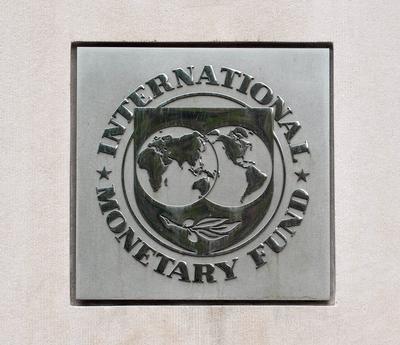Such an outcome would carry on the tradition of having a European head the IMF, while an American the World Bank (a legacy of the Bretton Woods agreement following World War II). While the World Bank focuses on assisting development through loans, the IMF deals with macroeconomic issues, guarding the stability of the international monetary system.
But with the global landscape tilting in favour of emerging economies, the rules of the game are changing, and the US and Europe may soon no longer have the final say on who leads these institutions. As growth in the world’s developed economies stagnates, the average growth rate in emerging market economies remains steady, around 6.2 per cent. Over the next few decades the economies of Brazil, Russia, India, China and South Africa (BRICS) will play a far greater global role, along with other emerging economies like South Korea, Taiwan and Singapore.
Stronger economic growth in these countries is also securing greater bargaining power, creating stronger parties in international trade or diplomatic negotiations. BRICS countries now have a bigger say in world financial matters and are eager to play a key role in creating transparent, predictable financial architecture. Thus it is little surprise that developing economies like Russia, India, Turkey and South Africa are rallying for an emerging-market candidate to grab the job. Such concern was subtly evident when Indian Prime Minister Manmohan Singh recently remarked, ‘I am not very well informed on what is going on with regard to the managing director of IMF but I do recognize that the struggle for transformation of global institutions, including Bretton Woods, is not a one shot operation. It is a long process in which all developing countries have to stand united’.
A real issue arresting the attention of the IMF and world leadership is the value or purchasing power of the US dollar. In the aftermath of the financial crisis the US economy is still in a state of recession. Sporadic recovery is welcome, but will not bail the heavily indebted economy out of ruins. Inflation worldwide has been on a significant rise following Washington’s move to reflate its economy via its money printing policy. As a result the US dollar has been on the decline, while commodity products, such as gold and oil, have seen a sharp increase in price.
A 2003 Goldman Sachs study, Dreaming with BRICs: The Path to 2050, argued that by 2050 the (then four) BRIC economies could eclipse the combined economies of the current richest countries of the world, leaving the US and many European countries like Germany and France in its wake. Similarly, a 2011 study by the World Bank, Multipolarity: The New Global Economy, observed that over the next 10 years BRICS will play a more important role in shaping the international monetary system. The size and dynamism of China’s economy, and the rapid globalisation of its corporations and banks into global trade and finance, suggests the Chinese RMB, in particular, will hold significance in international transactions — likely to take on a more important international role in a multicurrency international currency system. The RMB will also have the potential to function as a strong reserve currency, and in the future BRICS countries may trade among themselves without relying on the US dollar as the accepted international medium of transactions.
So far, critics have pointed out that the IMF is trying to protect the status quo — that is, the interests of the global banks and the centrality of the US dollar to the international monetary system. But while a European at the head of the IMF may continue to protect US interests, can the IMF itself afford to do the same thing? Looking at some of these trends, it is not difficult to imagine an IMF chief coming from an emerging economy. And, of critical importance, an emerging economy IMF head would also take more responsibility in completing the decade-old Doha development round, given the stakes are especially high for developing countries in these forums. But as Manmohan Singh suggested, it would take a united group of developing nations in order to see the best and most suitable candidate — an emerging economy candidate — take this most coveted job.
Anil Kumar Kanungo is a member of the Indian Institute of Foreign Trade, New Delhi.

